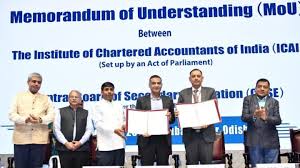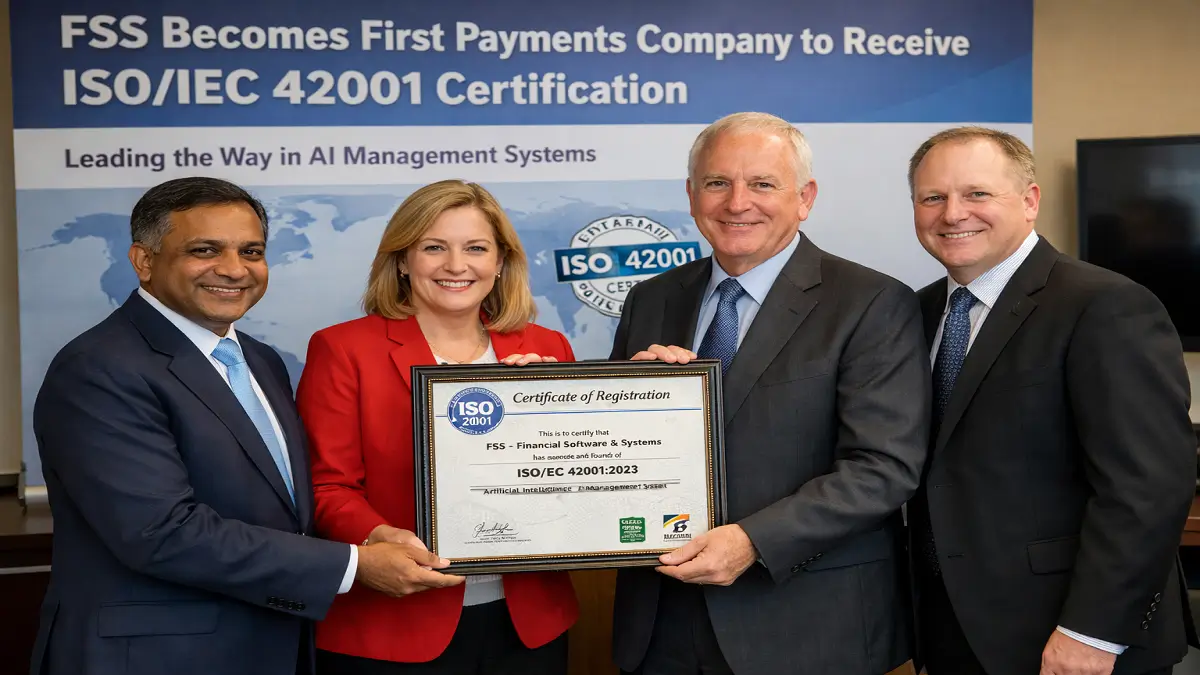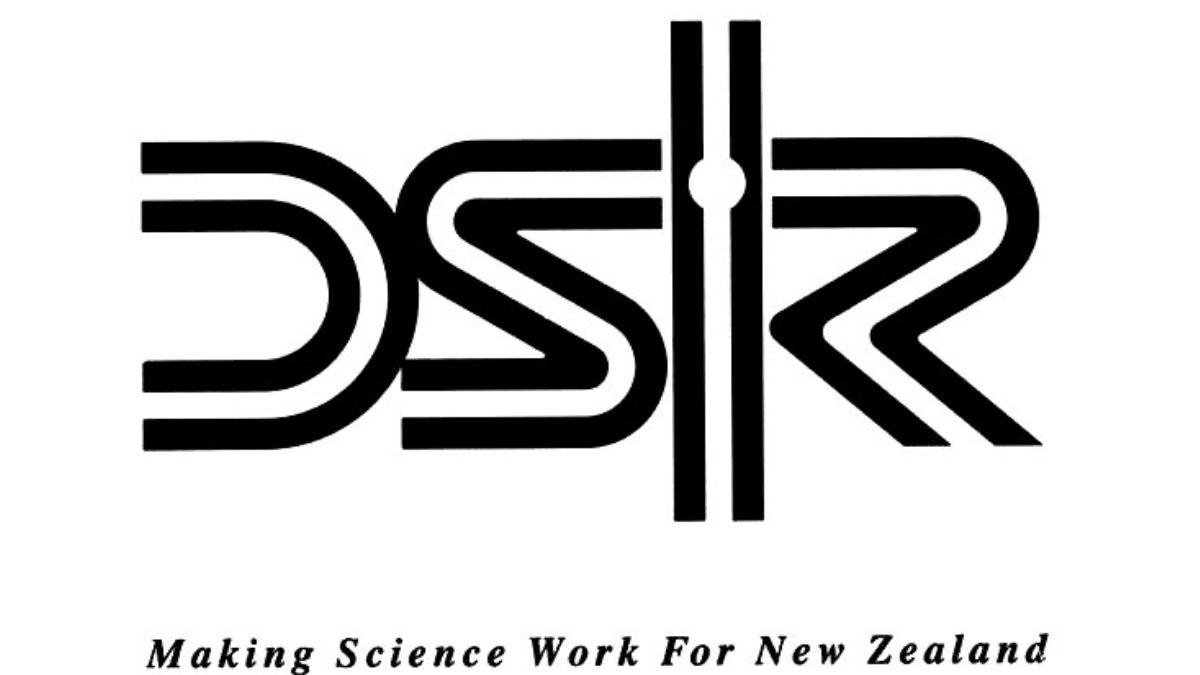ICAI Signs MoU with CBSE to Enhance Commerce-Based Skill Courses in BFSI Sector
Introduction
The Institute of Chartered Accountants of India (ICAI) has signed a Memorandum of Understanding (MoU) with the Central Board of Secondary Education (CBSE) to enhance commerce-based skill courses for students. This collaboration aims to equip students with specialized skills relevant to the Banking, Financial Services, and Insurance (BFSI) sector, which has witnessed significant growth in recent years.
The Purpose of the MoU
This MoU serves as a strategic move to introduce specialized skill development courses in schools affiliated with CBSE. By integrating these courses into the regular curriculum, students will be exposed to the practical skills needed in the BFSI sector, thus making them job-ready for emerging career opportunities in finance, accounting, and insurance. The collaboration will not only provide theoretical knowledge but also practical insights into the industry, ensuring that students have the skills required by leading companies in the BFSI sector.
The Impact on Students
The MoU’s impact on students is expected to be transformative, as it offers exposure to a wide array of career options in the finance sector. By providing an early foundation in commerce-based skills, students will have a competitive advantage when entering higher education or the workforce. This initiative aligns with India’s broader push for skill development and vocational training for youth, ensuring they are better prepared to meet the demands of an evolving job market.
Promoting Skill Development
ICAI’s collaboration with CBSE will also focus on boosting skill development programs that go beyond traditional academic teaching. The courses will incorporate real-world financial skills that are currently in demand across the BFSI sector. The focus will be on providing quality education in areas like accounting, auditing, and financial management. With the right set of skills, students will have a better understanding of the financial landscape and will be able to apply these skills effectively in their careers.

Why This News is Important
Revolutionizing Commerce Education
The partnership between ICAI and CBSE marks a significant step toward enhancing commerce-based education in India. By integrating skill-based courses into the curriculum, the MoU will bridge the gap between theoretical knowledge and practical application. This is especially crucial in the rapidly growing BFSI sector, where there is an increasing demand for skilled professionals. Students will be exposed to career opportunities they might otherwise not have considered.
Preparing Youth for Employment
One of the most significant aspects of this initiative is its potential to make students job-ready. With the BFSI sector continuously evolving, students equipped with the necessary skills will have a competitive edge when they enter the workforce. The emphasis on hands-on learning, combined with the academic foundation, prepares students for various roles, such as financial analysts, accountants, auditors, and insurance agents.
Encouraging Industry Collaboration
This MoU is also an example of the growing collaboration between educational bodies and industries. Such partnerships are key to ensuring that the education system evolves with changing industry demands. By fostering closer ties between CBSE and ICAI, this initiative sets a precedent for other industries to follow suit, helping to align academic learning with real-world needs.
Historical Context: Background Information on the ICAI and CBSE
The Institute of Chartered Accountants of India (ICAI) is a statutory body established in 1949 to regulate the profession of Chartered Accountants in India. It plays a crucial role in setting standards for accounting, auditing, and taxation in the country. ICAI also offers education and training programs for aspiring accountants.
The Central Board of Secondary Education (CBSE) is a national education board for public and private schools in India. Founded in 1962, CBSE provides standardized curricula and conducts examinations for schools affiliated with it across India and abroad. Over the years, CBSE has played a key role in shaping the educational landscape of India, and it has now joined hands with ICAI to introduce skill-based commerce courses that align with current industry trends.
This MoU marks the continuation of efforts by both institutions to integrate skill development into education, especially in the growing BFSI sector. These initiatives are in line with the Indian government’s emphasis on promoting skill development and vocational training to enhance youth employability.
Key Takeaways from “ICAI Signs MoU with CBSE to Enhance Commerce-Based Skill Courses in BFSI Sector”
| S.No. | Key Takeaway |
|---|---|
| 1 | ICAI and CBSE have signed an MoU to introduce skill-based commerce courses in schools. |
| 2 | The focus is on equipping students with the skills needed in the BFSI sector. |
| 3 | The collaboration aims to bridge the gap between academic learning and industry requirements. |
| 4 | This partnership will help students become job-ready with specialized knowledge in finance, accounting, and insurance. |
| 5 | The MoU supports India’s push for skill development and vocational education to enhance youth employability. |
Important FAQs for Students from this News
1. What is the significance of the MoU signed between ICAI and CBSE?
The MoU signed between the Institute of Chartered Accountants of India (ICAI) and the Central Board of Secondary Education (CBSE) aims to enhance commerce-based skill courses, particularly in the Banking, Financial Services, and Insurance (BFSI) sector. The collaboration focuses on providing students with practical, industry-relevant skills alongside their academic education, preparing them for job opportunities in finance and accounting.
2. How will the ICAI-CBSE collaboration benefit students?
This collaboration will equip students with specialized skills that are directly applicable to the BFSI sector. By incorporating skill development courses into the CBSE curriculum, students will gain exposure to real-world financial skills, such as accounting and financial management, making them more job-ready upon graduation.
3. Which sector’s growth is this initiative focused on?
The initiative is primarily focused on the Banking, Financial Services, and Insurance (BFSI) sector, which has been growing rapidly. By providing skill-based education in this field, the collaboration aims to address the increasing demand for professionals in this industry.
4. How will the MoU impact the education system in India?
The MoU is expected to revolutionize commerce education by integrating practical, industry-relevant skills into the standard curriculum. This change aligns with India’s focus on skill development, ensuring that students are well-prepared to meet the demands of the evolving job market, especially in the BFSI sector.
5. What is the role of ICAI in this collaboration?
ICAI plays a key role in designing and delivering the skill-based courses that will be introduced in CBSE schools. As a professional body for Chartered Accountants, ICAI brings expertise in accounting, auditing, and finance, which will be integral to the courses offered through this collaboration.
Some Important Current Affairs Links

















